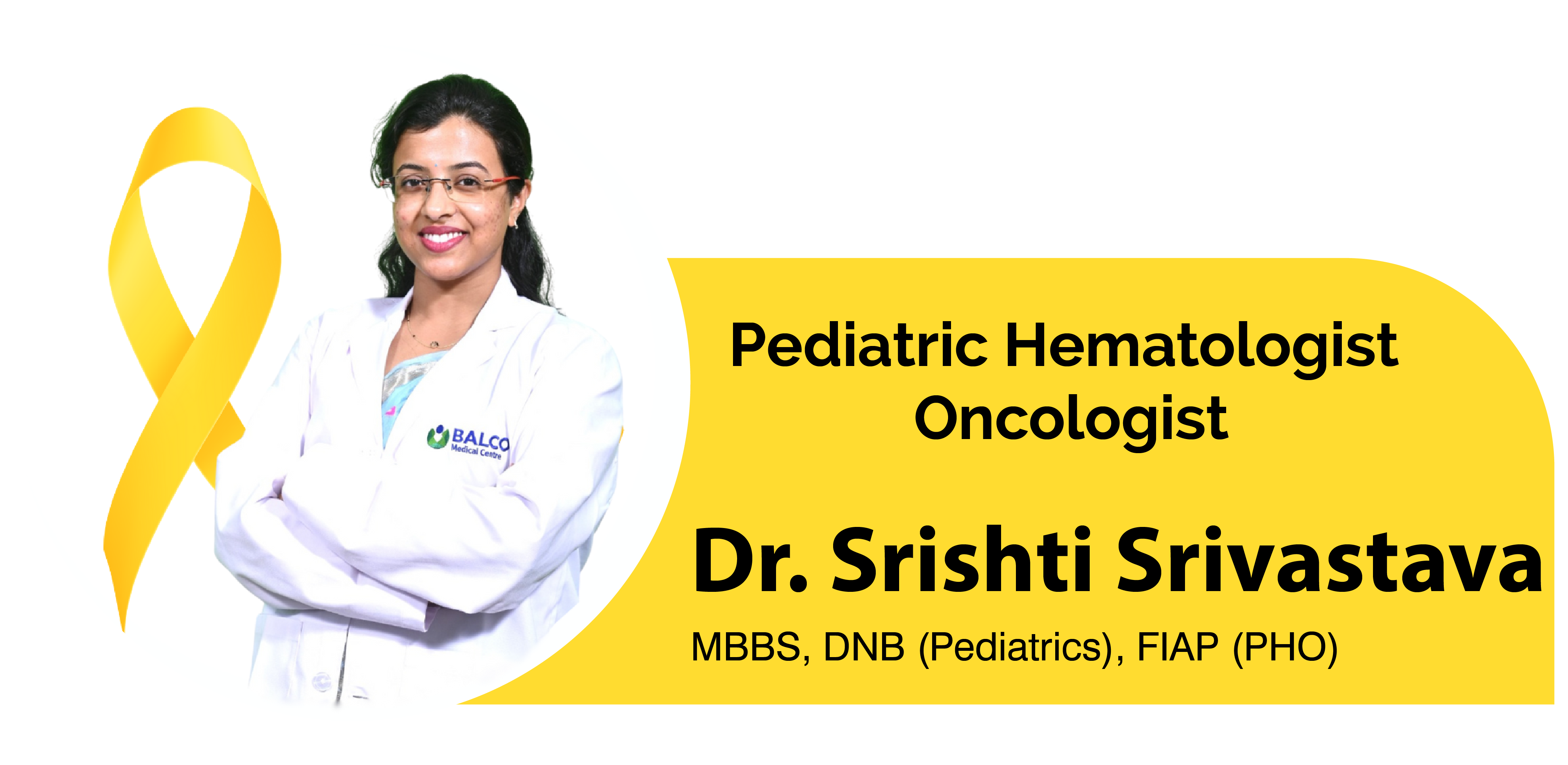What Is Pediatric Bone Marrow Transplantation?
Pediatric bone marrow transplantation (BMT) is a specialized procedure used to treat children with severe blood disorders and cancers, such as leukemia, lymphoma, thalassemia, and bone marrow failure . It involves replacing diseased or damaged bone marrow with healthy stem cells, either from the patient (autologous) or a donor (allogeneic), to restore normal blood cell production.
Types of Pediatric BMT
-
Autologous BMT
-
Allogeneic BMT
-
Matched Unrelated Donor (MUD) BMT
-
Haploidentical BMT
Commonly Used For
-
Acute Lymphoblastic Leukemia (ALL)
-
Thalassemia & Sickle Cell Anemia
-
Bone Marrow Failure Syndromes
-
Primary Immunodeficiency Disorders
Benefits of Pediatric BMT:
-
Offers a potential cure for life-threatening conditions like leukemia and thalassemia.
-
Restores healthy blood cell production in bone marrow failure syndromes.
-
Advanced techniques like haploidentical BMT expand donor availability.
-
Can be combined with chemotherapy or immunotherapy for enhanced outcomes.

